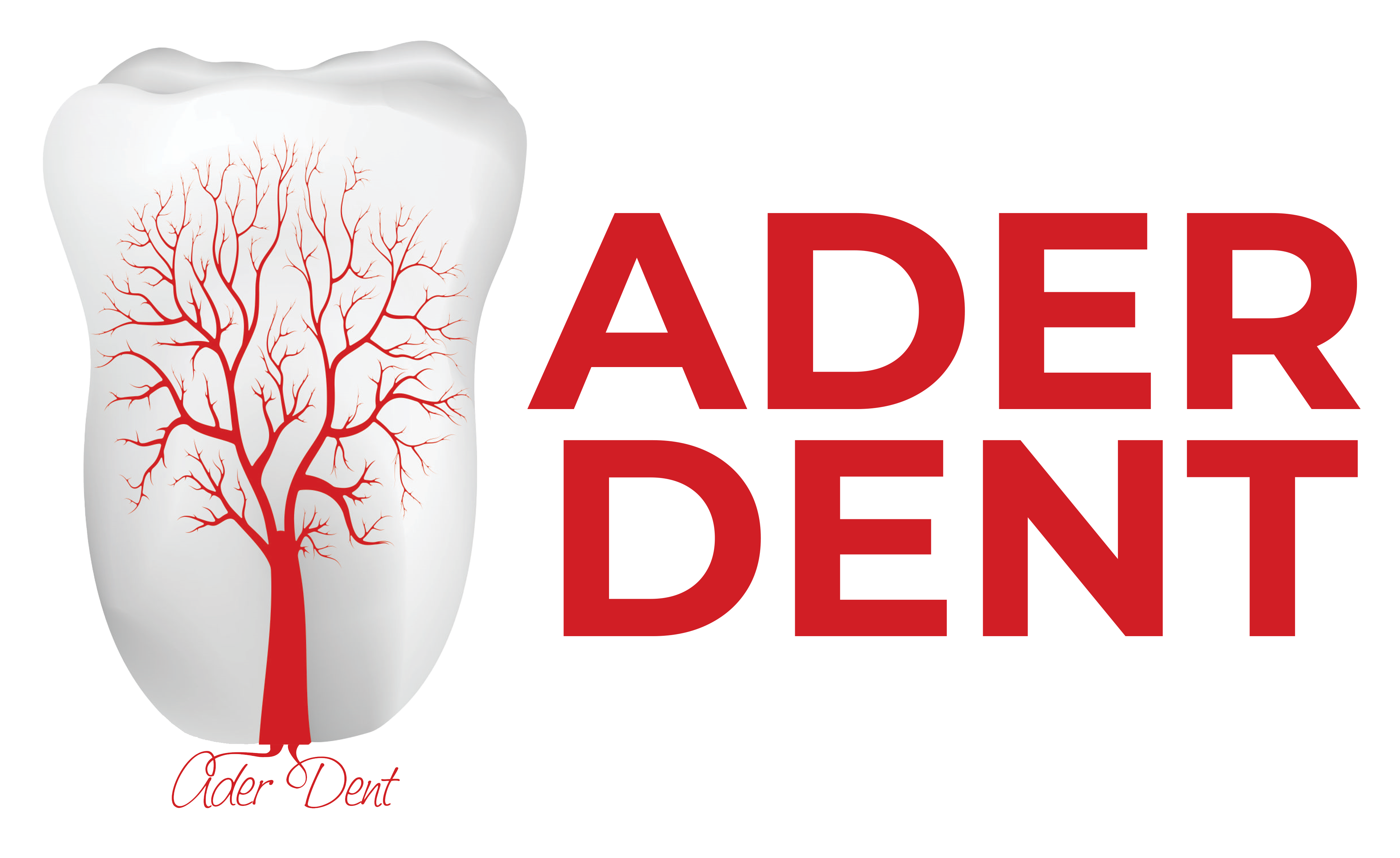Pregnancy is one of the most special periods in a woman’s life. During this time, it is essential to take care of both the mother and the baby’s health. However, we must not forget that hormonal changes during pregnancy can also affect oral and dental health.
Oral and dental health during pregnancy plays a critical role for the expectant mother, as gum infections and cavities can negatively impact not only the mother’s well-being but also the baby’s development. Here are some important points to consider for maintaining oral and dental health during pregnancy.
Why Is Oral and Dental Health Important During Pregnancy?
Hormonal changes during pregnancy can directly affect oral health. The increased levels of progesterone and estrogen may cause gum sensitivity and bleeding. Gum diseases such as gingivitis are more common during pregnancy.
Additionally, morning sickness can expose teeth to stomach acid, potentially causing enamel erosion. Therefore, paying attention to oral and dental health during pregnancy positively affects both the mother's and the baby's overall health.
Gum Bleeding and Gingivitis During Pregnancy
One of the most common oral problems during pregnancy is gum bleeding. Hormonal fluctuations can lead to gum inflammation, known as “pregnancy gingivitis.” This condition usually presents as bleeding while brushing or flossing. You can prevent gum diseases by maintaining proper oral hygiene during pregnancy.
What Should You Do?
- Brush your teeth more frequently and use a soft-bristled toothbrush.
- Do not neglect the use of dental floss.
- If gum bleeding persists, consult a dentist.
How to Maintain Oral Hygiene During Pregnancy?
To maintain healthy teeth during pregnancy, it is essential to practice regular and proper oral care. Brushing your teeth regularly and using dental floss helps prevent the buildup of bacteria and plaque. If brushing is difficult due to morning sickness, you can use mouthwash throughout the day to maintain oral hygiene.
To Maintain Oral Hygiene:
- Brush your teeth at least twice a day.
- Use dental floss to clean between your teeth.
- Avoid sugary and acidic beverages.
The Harmful Effects of Sugary and Acidic Foods During Pregnancy
During pregnancy, especially sugary and acidic foods can be harmful to oral and dental health. Sugary foods can lead to cavities, while acidic foods can weaken the enamel by causing erosion. To prevent damage from stomach acid, rinse your mouth with water after meals.
Tartar Cleaning and Cavity Treatment
Tartar buildup during pregnancy can trigger gum diseases. Since tartar can cause gum infections, it should be removed regularly. Tooth decay is also a common issue during pregnancy.
Treating dental cavities during pregnancy helps prevent pain and reduces the risk of infection. Paying attention to oral and dental health during pregnancy is the most effective way to prevent tartar buildup and cavities.
Oral Hygiene Education and Brushing Techniques During Pregnancy
Receiving proper education on brushing and flossing techniques during pregnancy is important for maintaining oral health. Dentists can provide specific guidance and techniques tailored to pregnancy to make oral care more effective. With the right brushing techniques, you can keep your teeth clean and prevent gum diseases.
The Importance of Dental Visits During Pregnancy
Dental visits during pregnancy are essential to maintain oral health and detect potential issues early. Most dental treatments during pregnancy are safely performed in the second trimester. Regular dental check-ups during pregnancy help prevent possible health problems and ensure the mother’s well-being.


 TR
TR







